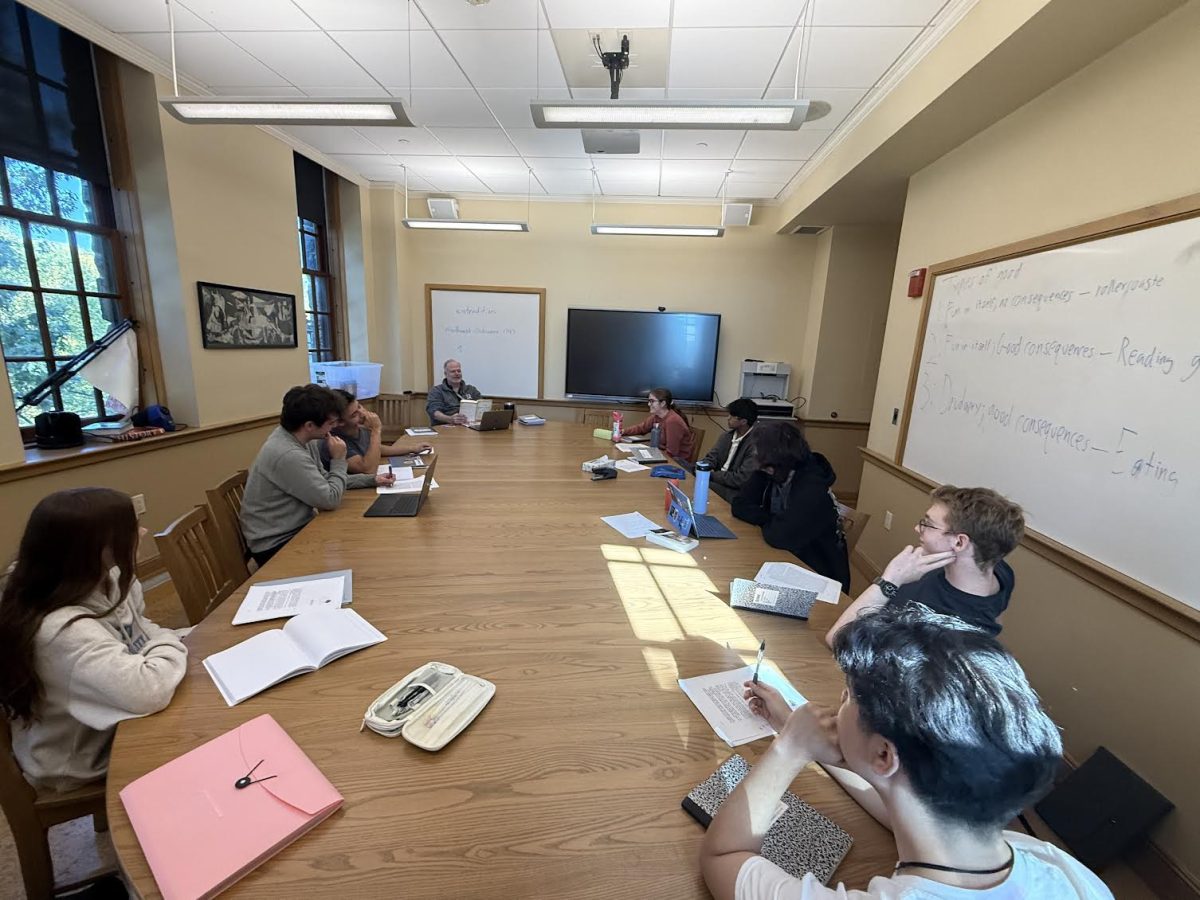As the school year comes to an end and the current juniors get ready to begin their applications for colleges, stress fills the atmosphere as several schools have announced that they will no longer be test-optional, and it is projected that a few more may follow suit.
Due to the COVID-19 pandemic in 2020, numerous schools instated a test-optional policy as many students did not have access to SAT and ACT tests. This formulated many questions surrounding the validity of these tests and how they reflect students’ abilities. Many students who tend to not do well with test taking were able to use this test-optional policy to their advantage. Instead, they can highlight themselves through their grades and what they do outside of the classroom, rather than their performance on a three-hour test.
In the fall of 2021, the UC system also made a change, going test blind for all students. This means that they do not consider test scores in the admission process.
In the past, SAT scores have been used to standardize a student’s GPA, which can be impacted by their school and the opportunities they are given. The goal of having the SAT and ACT test was to standardize how the student is doing given that school’s and their grading system can vary. With SAT and ACT tests becoming required once more, they have emphasized the continuation of a holistic approach. This means that they will also look at a student’s background, their strengths, and even the rigor of their high school when deciding on the admissions process.
Dartmouth was the first Ivy League school to reinstate standardized test scores. They announced that standardized test scores can level the playing field for everyone, particularly for students from under-resourced backgrounds. They can be very useful in identifying students from underrepresented communities who have potential even if their scores are not as high as those from high-performing schools.
This new data contradicts how the SAT was originally perceived because it was initially thought that the test gave an advantage to wealthier students who can afford tutors and test-prep classes. Students from underrepresented communities who decide not to take the test because it is a choice, risk not allowing themselves to stand out in their high school and a college’s applicant pool.
Yale followed suit at the end of February and was the second Ivy League school to be no longer test-optional. They differ from Dartmouth because they put in a test-flexible policy. Students can choose to submit their scores from the ACT, SAT, AP exams, or IB exams. This allows students to show the school their best work. Similar to Dartmouth, Yale expressed their concerns about causing harm to low-income students because their access to rigorous courses and opportunities outside of the classroom may be limited. They also emphasized that the admissions process is holistic.
At the beginning of March, Brown was the third Ivy League school to announce the fall of 2025 applicants will need to submit their standardized test scores. Similar to both Dartmouth and Yale, they will look at the test scores in the context of the educational opportunities and educational backgrounds of the student, demonstrating a holistic approach to the admissions process.
UT Austin joined the group and also made the switch, but their motives differ from the other schools. They stated that test scores are important in assessing how reading a student is for college. Additionally, the combination of a student’s GPA and SAT score is their way of identifying a student’s potential and how they can benefit from their programs.
The most recent school to change their testing policies is Harvard. They are now requiring either the SAT or the ACT, but they will follow a similar policy to Yale for “exceptional cases,” where the student does not have access to the test or can not receive a fee waiver from the College Board.
Although students should be on the lookout, most schools plan to stay test-optional through the fall of 2025, and many through the fall of 2026. This means students should be aware, but it is not something to be concerned about.
The future is unknown, but it seems that in the coming years as more schools collect information regarding the success of their test-optional policy at their school, schools may begin to switch back to requiring testing.




















